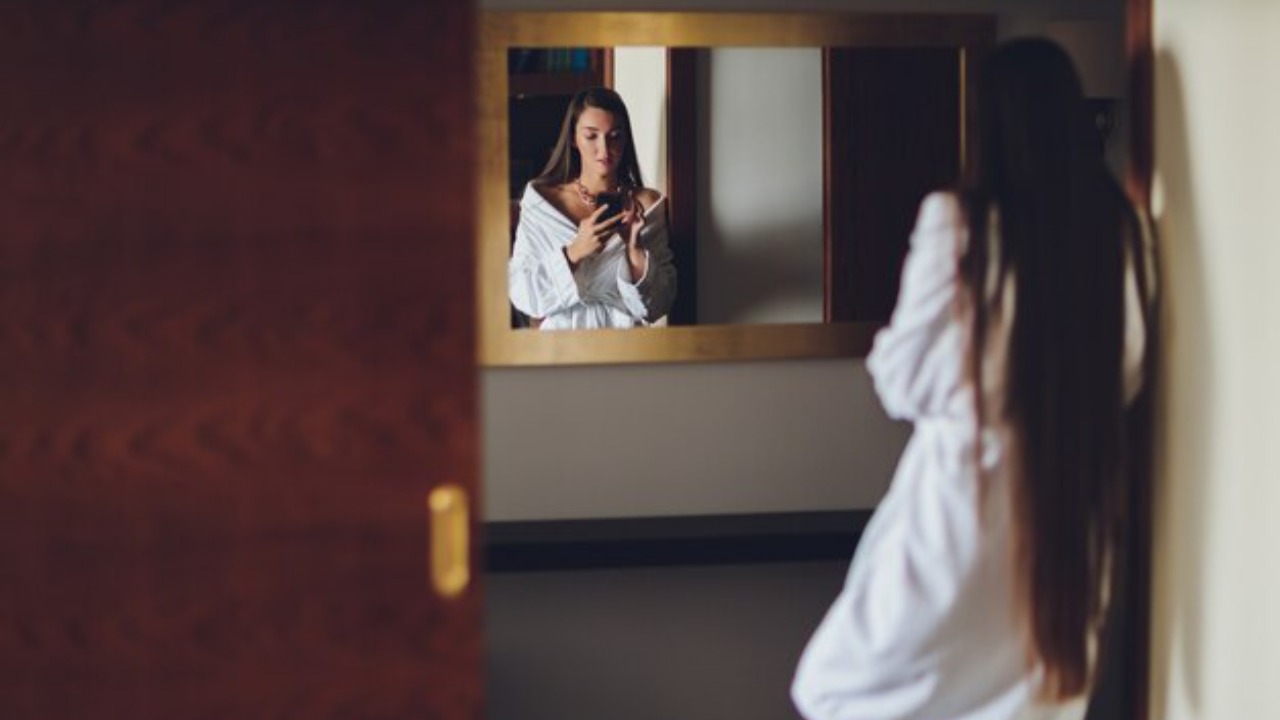
Staying in a hotel should be a relaxing and enjoyable experience, but the concern of hidden cameras can cast a shadow on your peace of mind. Whether you’re traveling for business or leisure, it’s essential to take steps to protect your privacy. Here are nine practical tips and tricks to detect hidden cameras in your hotel room.
Conduct a Visual Inspection

The first line of defense against hidden cameras is a thorough visual inspection of your room. Look for any unusual or out-of-place items such as smoke detectors, alarm clocks, and air purifiers, which could potentially house a camera.
Pay special attention to common hiding spots like picture frames, lamps, and even TV stands. If something looks suspicious, it might be worth closer inspection. This video offers a detailed guide on what to look for: Watch here.
Use Your Smartphone Camera
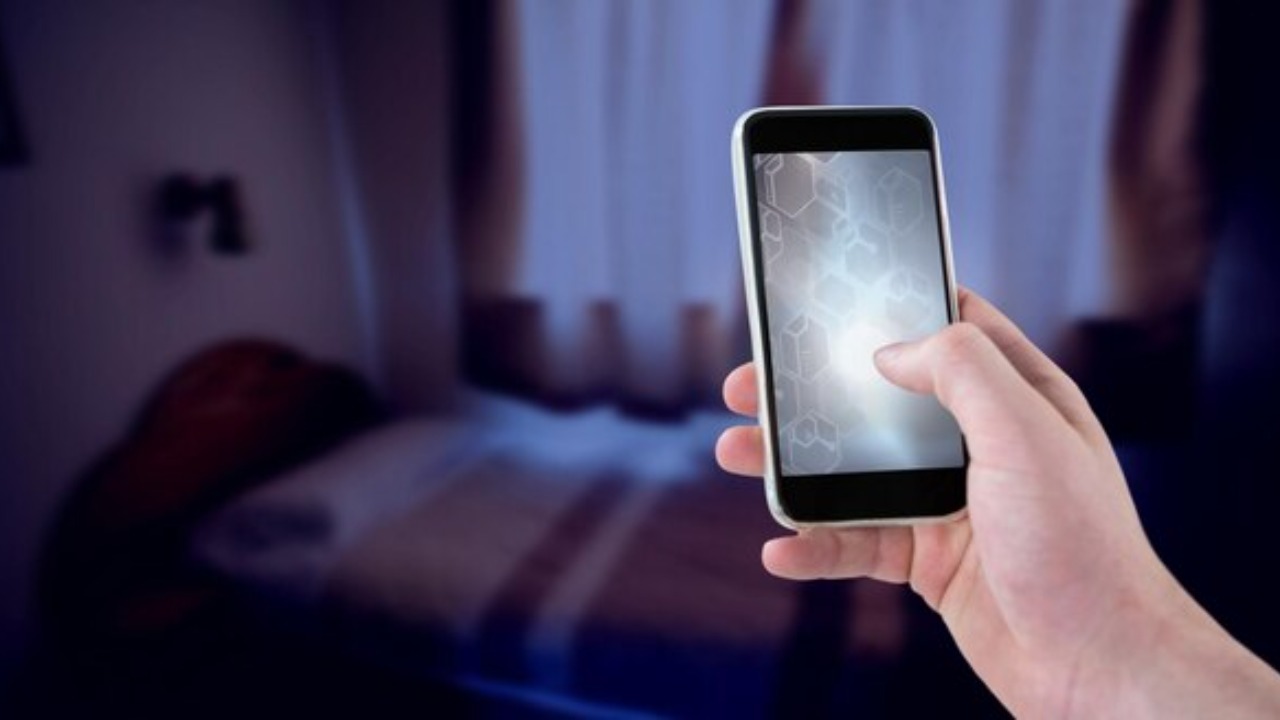
One easy trick is to use your smartphone camera to detect infrared lights emitted by night vision cameras. Simply turn off the lights in your room, and slowly pan your camera around. If you spot a small white or red dot on your screen, it could indicate the presence of a hidden camera.
Smartphones are sensitive to infrared light, which is invisible to the naked eye but can be captured on a digital screen.
Leverage Infrared Light
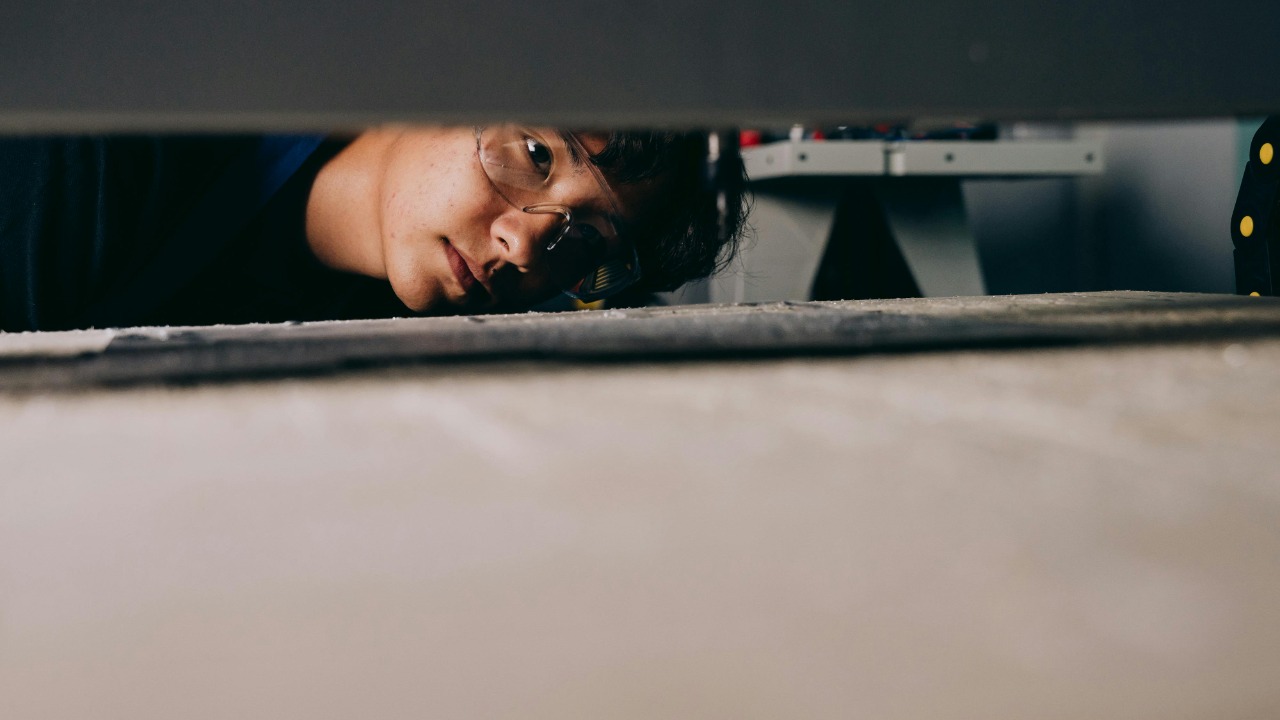
Besides using your smartphone, you can also use an infrared light detector to search for hidden cameras. These detectors are specifically designed to find the infrared signals emitted by camera lenses. By scanning your room with an infrared detector, you can uncover hidden devices that might otherwise go unnoticed.
It’s a handy tool for those who frequently travel and wish to ensure their privacy.
Listen for Unusual Sounds
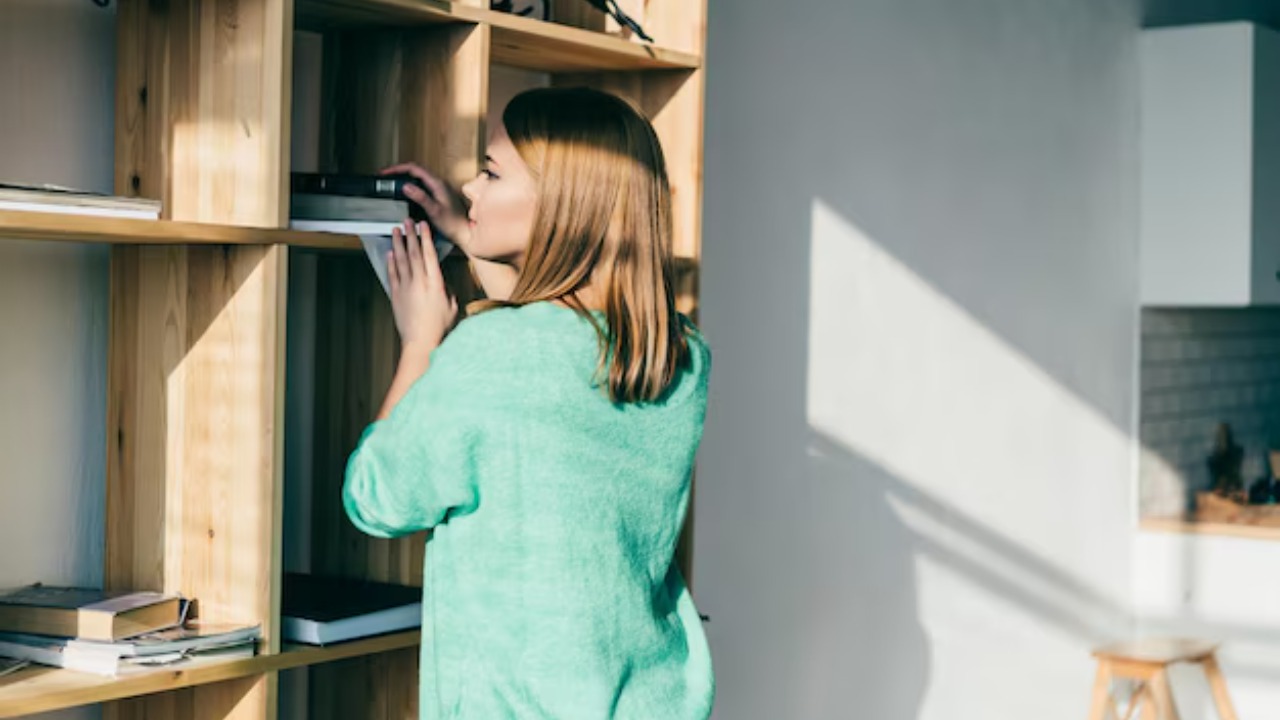
Hidden cameras often emit a low buzzing or clicking sound when they’re operating. Take a moment to stand quietly in your room and listen for any unusual noises. If you hear something suspicious, try to locate the source. Often, these sounds can lead you to a concealed device. Ensuring a quiet environment will help in detecting any odd sounds that might indicate hidden recording equipment.
Check Mirrors for Two-Way Glass
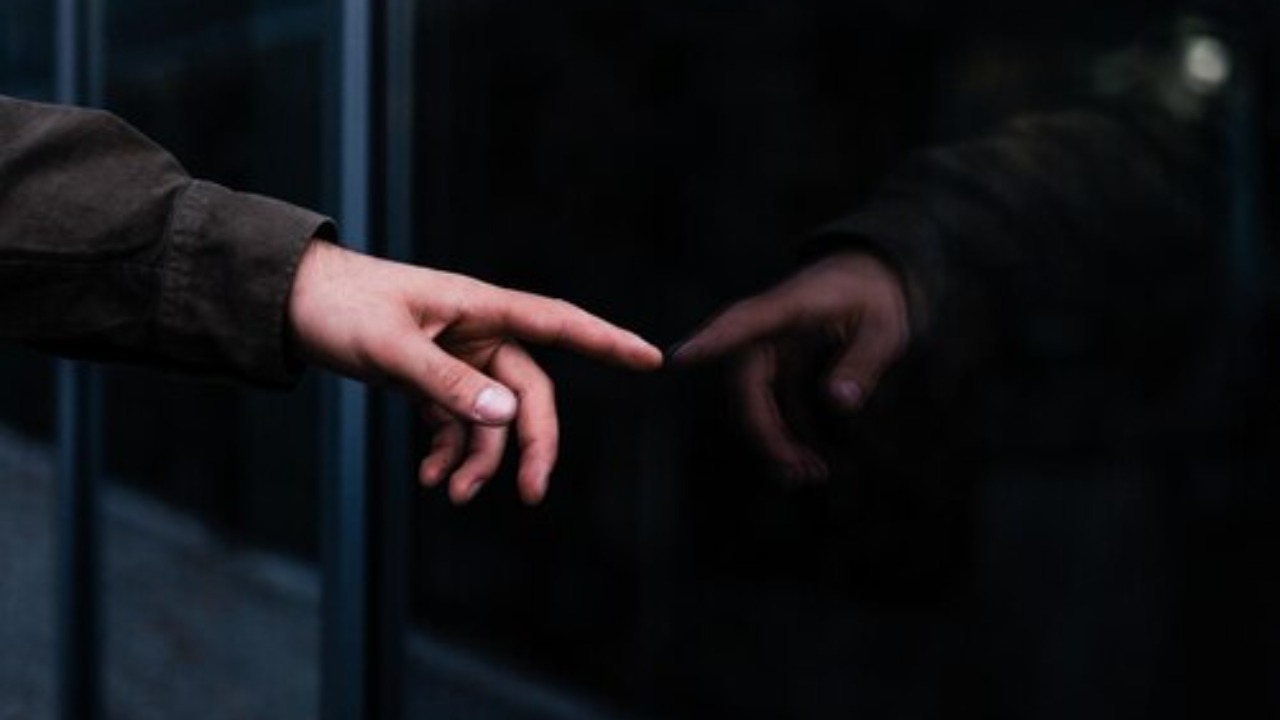
Two-way mirrors are another common method used to conceal cameras. To test a mirror, place your finger against the glass. If there’s a gap between your finger and its reflection, it’s a standard mirror.
However, if your finger directly touches its reflection, it could be a two-way mirror. This simple test can help you identify potentially compromised mirrors in your hotel room.
Monitor Unusual Wi-Fi Networks
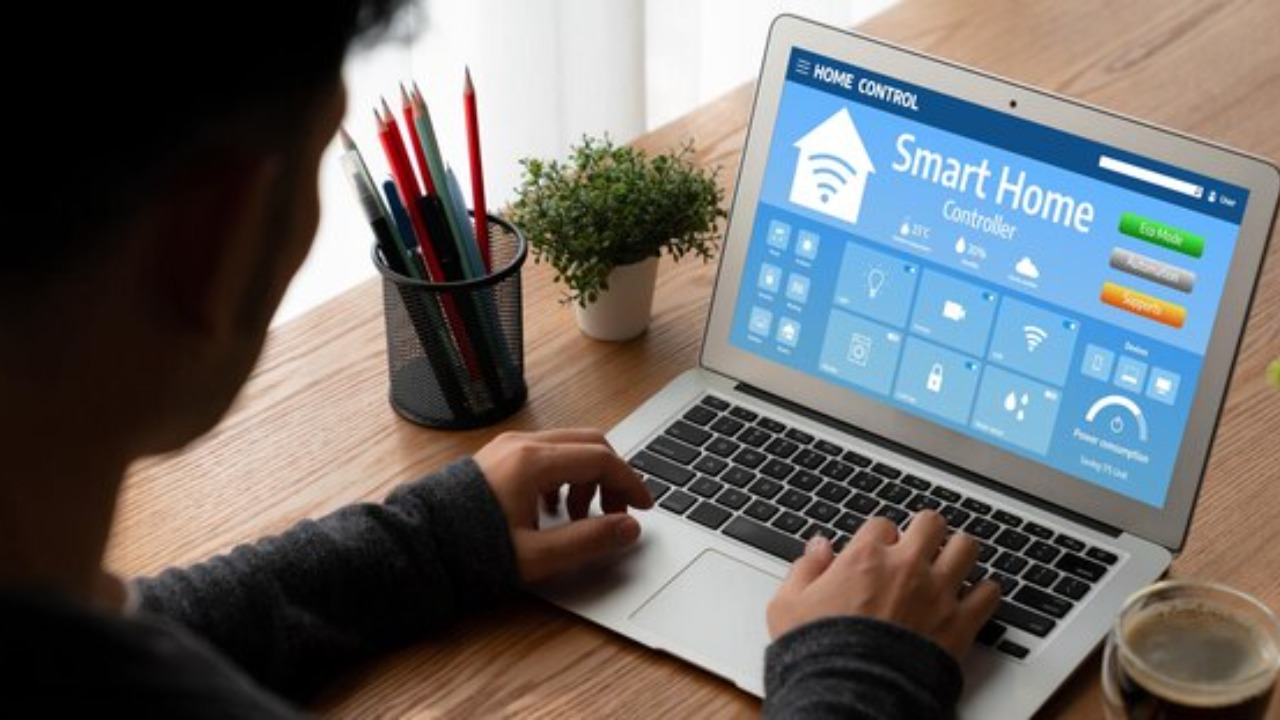
Hidden cameras often rely on Wi-Fi networks to stream footage. Use your smartphone or laptop to scan for unfamiliar or suspicious Wi-Fi networks in your vicinity. If you identify a network that seems out of place, it could be linked to a hidden camera. For more insights on how cameras are used in hotels, you can read this comprehensive guide.
Utilize a Professional Detector
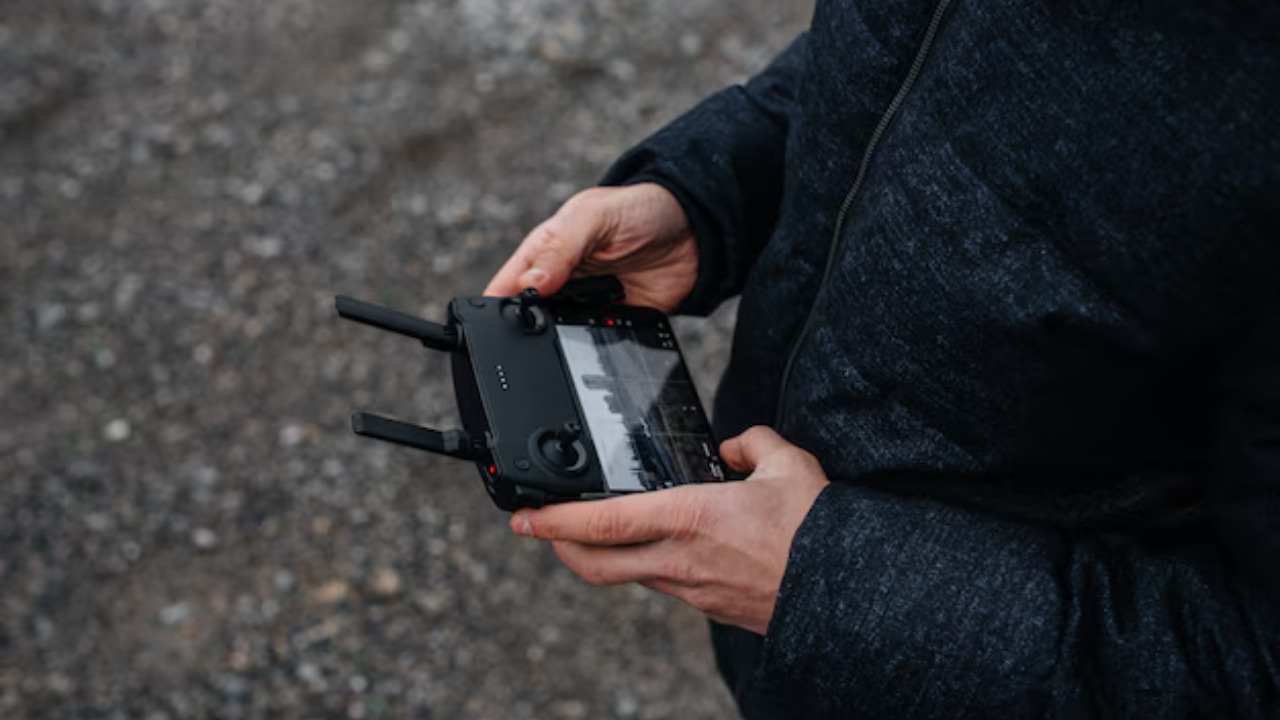
Investing in a professional-grade bug detector can provide peace of mind. These devices are designed to detect wireless cameras, listening devices, and other surveillance equipment. They offer a reliable way to scan your surroundings for potential threats.
Using a professional detector can be particularly beneficial if you’re staying in an unfamiliar or high-risk location.
Cover or Block Suspicious Spots
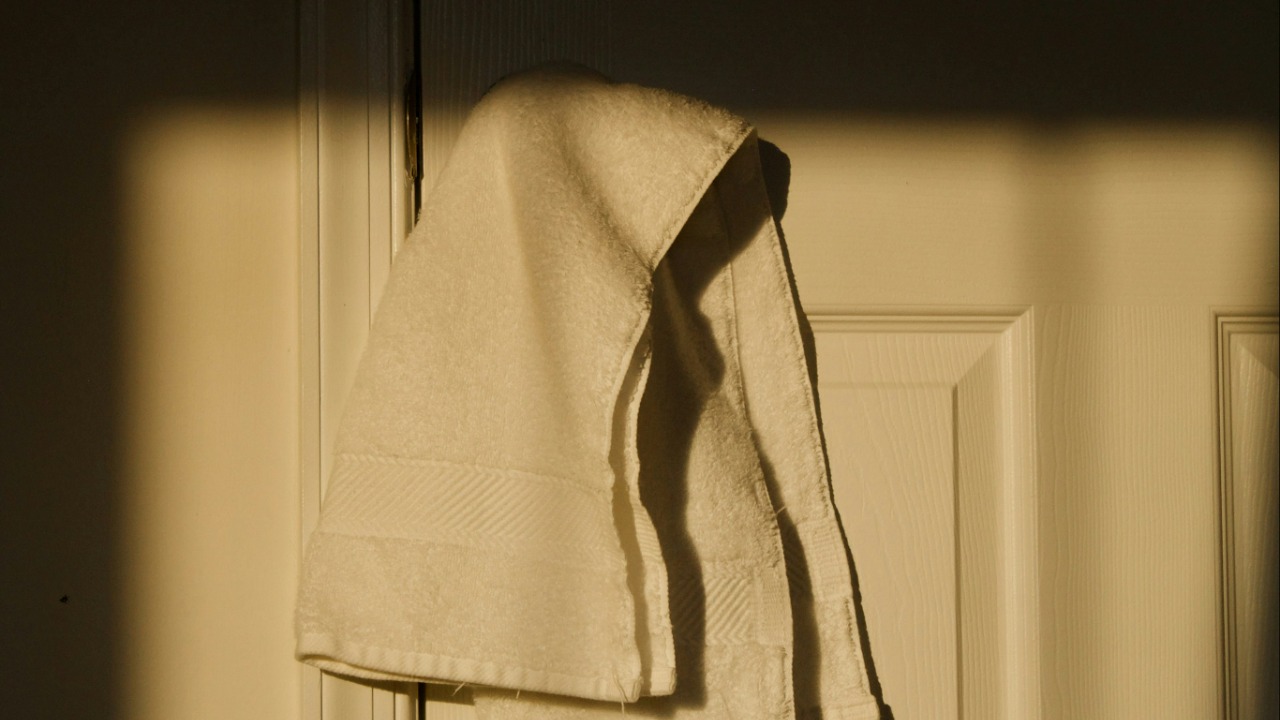
If you suspect a hidden camera, a quick temporary solution is to cover the suspected area with a towel or piece of clothing. This won’t disable the camera, but it will obstruct its view. While this method isn’t foolproof, it can provide some immediate relief until a more permanent solution is found.
Always prioritize your comfort and privacy whenever you feel uneasy.
Report Your Findings to Management

If you discover anything suspicious, promptly report it to hotel management. They should take your concerns seriously and investigate further. Reporting not only helps protect your privacy but also alerts management to potential security breaches that could affect other guests.
For more on how to handle these situations, check out this news article on dealing with hidden cameras in hotels.